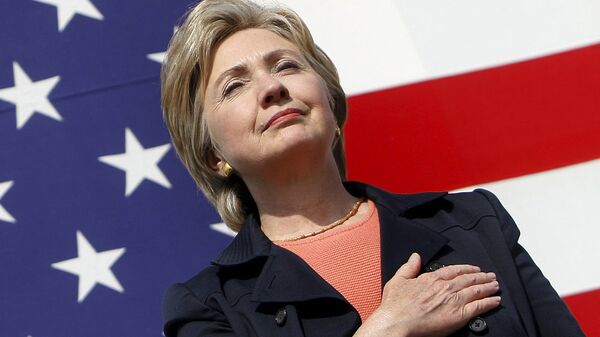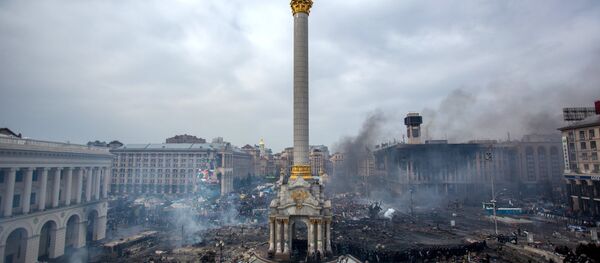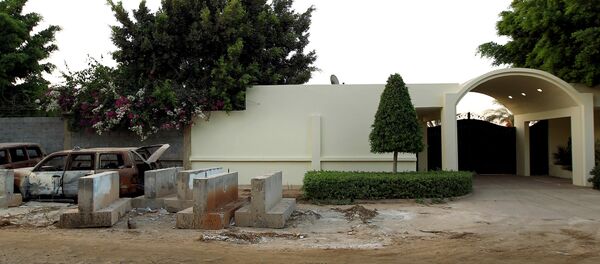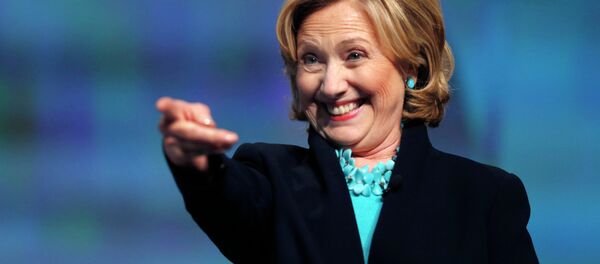Analyzing Clinton's chances, Russian America watchers, like their US counterparts, point to the dynastic politician's experience, her substantial political clout and powerful political and financial backers, as well as the absence of a dynamic Republican contender. The economy's signs of recovery, following nearly a decade of recession, certainly doesn't harm the Democrats, either.
So, if the 'Iron Lady of American politics' already has pundits crowning her the 45th president, what is it that Russian analysts find so depressing about her possible reign?
Well, for one thing, there's Clinton's sharply antagonistic rhetoric toward Russia, its "behavior" and its plans for partnership and cooperation with its former Soviet neighbors. Amidst the Maidan coup and Crimea's organization of a referendum to rejoin Russia last year, Clinton compared Vladimir Putin to Hitler, stating that the Russian leader's actions amidst the growing conflict in post-coup Ukraine was something akin to "what Hitler did back in the '30s."
With Republican big fish, think tanks and independent analysts frequently commenting on Clinton's famous 'Russia Reset' initiative as an example of the kind of 'poor leadership' she would show on Russia, the former Secretary of State has repeatedly responded that she has always been skeptical about the possibility for a real improvement in ties. Last July, Clinton noted that she was "among the most skeptical of Putin during the time that I was [in the State Department], in part because I thought he had never given up his vision of bringing 'Mother Russia' back to the forefront."
And Clinton backed her words with actions. As Russia Insider pointed out in an article last October, Clinton's State Department "steadily increased its anti-Russia line, and pushed for Ukraine to choose between Europe and Russia, plowing $5 billion into anti-Russian civil society groups in Ukraine." The independent analysis portal pointed out that the 2011-2012 protest-supporting ambassador Michael McFaul was "Clinton's man in Moscow," while then-State Department Spokesperson Victoria Nuland and US ambassador to Ukraine Geoffrey Pyatt also served as Clinton's close Russia advisors. The pair ended up coordinating policy in Ukraine during the events of Maidan, handing out cookies and serving as kingmakers to post-coup Kiev.

Hence, while conservative commentators and their affiliated PACs and think tanks may be giving Clinton the evil eye, as far as Russia policy is concerned, the two political groups actually see eye-to-eye.
Proshkin argues that by "narrowing the field of Russia's sovereign policy to the limits of its frontiers," Clinton seeks to refuse Russia "the right to an independent foreign policy as such." The independent analyst believes that "this means that following her possible victory in 2016, Mrs. Clinton will not only attempt to squeeze Russia from Ukraine and the Crimea, but also from the Caucasus and Central Asia, where through Orange Revolutions new [pro-US] regimes can be set up, serving to "lock" Russia in a cordon sanitaire."
Ultimately, Proskin notes that Russian America watchers are nearly unanimous in their verdict that should Clinton be elected, Russian-American relations will see a "further deterioration and a slide into an even 'warmer' phase of the new Cold War." With Clinton seeking to "put Russia in its place" and Russia continuing its attempts to break out of the US-led world order, the analyst believes that a Clinton victory will ensure at least four more years of frozen relations between the two countries.
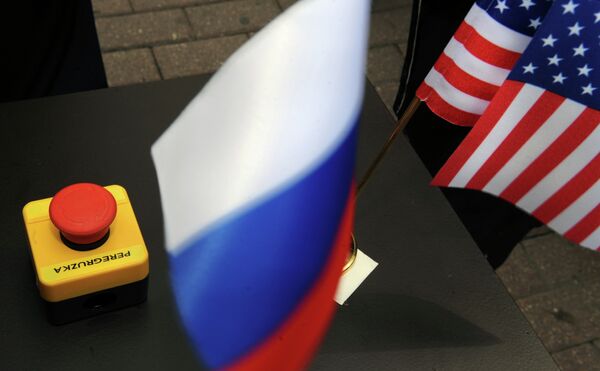
In 2009, amidst the much touted and heavily publicized 'Reset' of relations between Russia and the US, featuring Clinton laughing it up with Russian Foreign Minister Sergei Lavrov, Russian journalists noticed a minor error on the little red reset button rolled out as a symbol for the new era of improved ties. The famous red button on a yellow and black box included a minor translation error. Instead of reading 'Perezagruzka' (reset), the button actually read 'Peregruzka' (overload). Written off as a minor flub at the time, the significance of the error has grown from a minor blip into an ever-widening chasm. In hindsight, an aide's translation error may have turned into a harbinger of things to come. If Clinton clinches the nomination, defeats her opponents and becomes the next US president, the 'peregruzka' in Russian relations seems likely to reach new heights.
